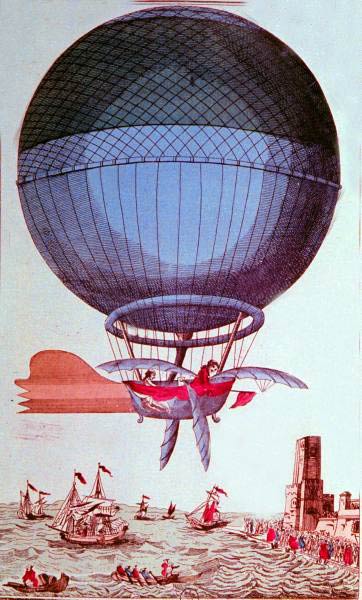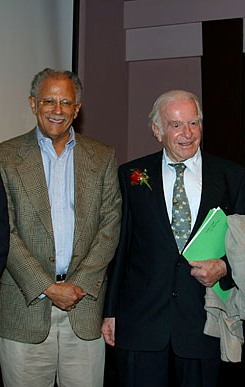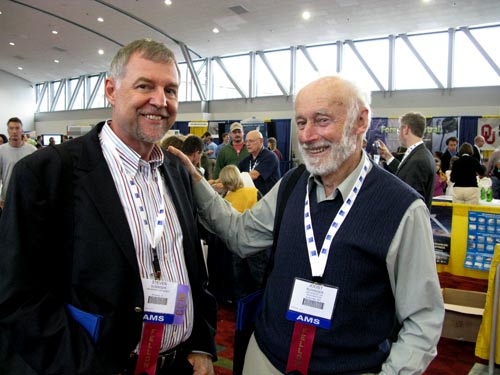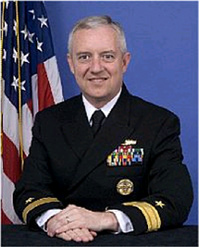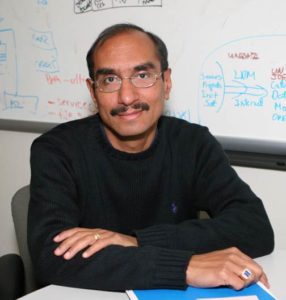Paul Piorek, weathercaster for the local cable service News 12 in Connecticut, leads a busy life working a demanding shift schedule familiar to many meteorologists:
I wake up at 2 o’clock every morning, and I’m generally in the office by 3:05. People always ask me why I arrive so early if we don’t go on the air until 5:30. Believe me, it takes at least two hours to pour over the meteorological data, create customized graphics, provide local radio stations with recorded forecasts, write a weather discussion for the News 12 Connecticut Web site, begin working on a blog entry, and type the forecast for the info bar on the bottom of the screen. Despite what many people think, I just can’t “look out the window.”
The results don’t always bring accolades:
Although I’ve never been an umpire or referee, I think I know what it must feel like. It’s been said that nobody ever notices the umpire when he does a fine job. However, when the ump makes a bad call, everybody’s on his back. You see, I have been forecasting the weather for southwestern Connecticut on television and radio over the last 20-plus years. I never hear a word from anybody when the forecast is “right on the money.” But, if my forecast is off the mark, the phone doesn’t stop ringing and the emails keep coming.
But don’t feel sorry for Paul, because unlike so many other unsung heroes in life, he does it, like so many, because he loves the weather.
For me, though, it’s a labor of love. I often tell people, when you love what you do, you’ll never work a day in your life. Happy National Weatherperson’s Day!
What’s that? Oh yes, unlike so many unsung heroes in daily life, weather people get a day to celebrate being who we want to be. And it’s today because this is supposedly the birthday of John Jeffries, the Boston physician who was one of the first American weather enthusiasts of note; just in time for the American Revolution, before the age of storm chasing and broadcasting, he began 40 years of meticulous observing and indulged a daring penchant for ballooning to satisfy his hankering.
All in all it’s not bad to be into weather. Have a nice February 5th, whatever you call it, but keep your feet on the ground.
